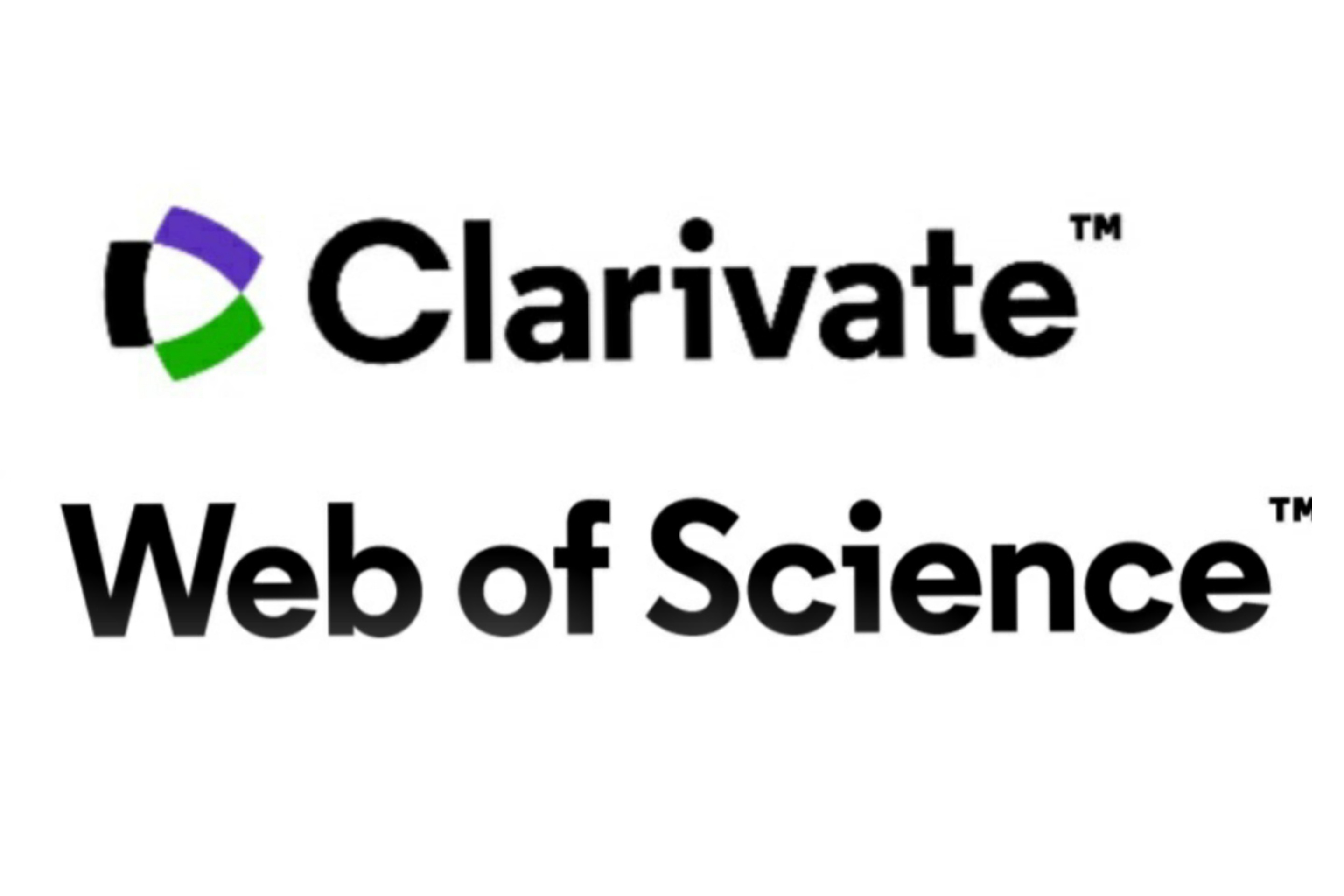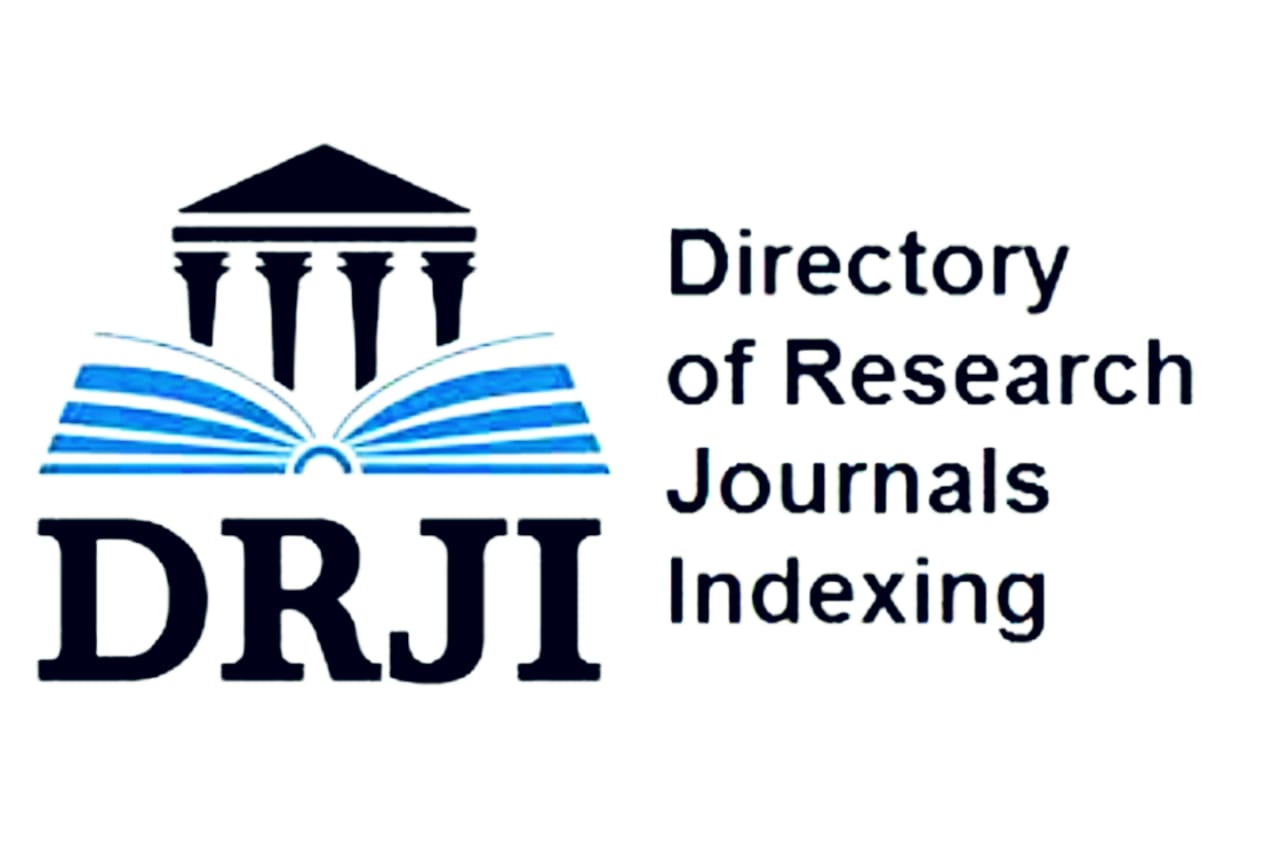Genetic toxicology and genetically active environmental factors
DOI:
https://doi.org/10.26577/ijbch-2018-2-343Abstract
Anthropogenic impact on the environment, including, but not limited to water and soil contamination with oil and xenobiotics, causes cytotoxic, mutagenic and carcinogenic effects, and nowadays is considered the main negative factor of genetic alterations in living populations. In examinations of mutation processes in populations, inhabiting at ecologically unfavorable areas, high frequency of dominant mutations that alter normal growth inside uterus, causes development glitches in newborns, or even stillbirth. Such data is conditioned by direct dependence between the intensity of environmental pollution and impairment of ecologically effected genetic situation. Assessment of genotoxicity can be provided through specific tests, indicating degree of mutagenic effect and probability of its manifestation. Nevertheless, even living organisms, such as plants, suffering from environmental pollution, can produce chemical compounds that induce genotoxicity. Medicinal substances isolated from these plants are not exception as well. An attempt to provide analysis of genotoxicity implementation and importance of investigations performed in this field is presented in this paper.
Downloads
How to Cite
Issue
Section
License
ааа

















